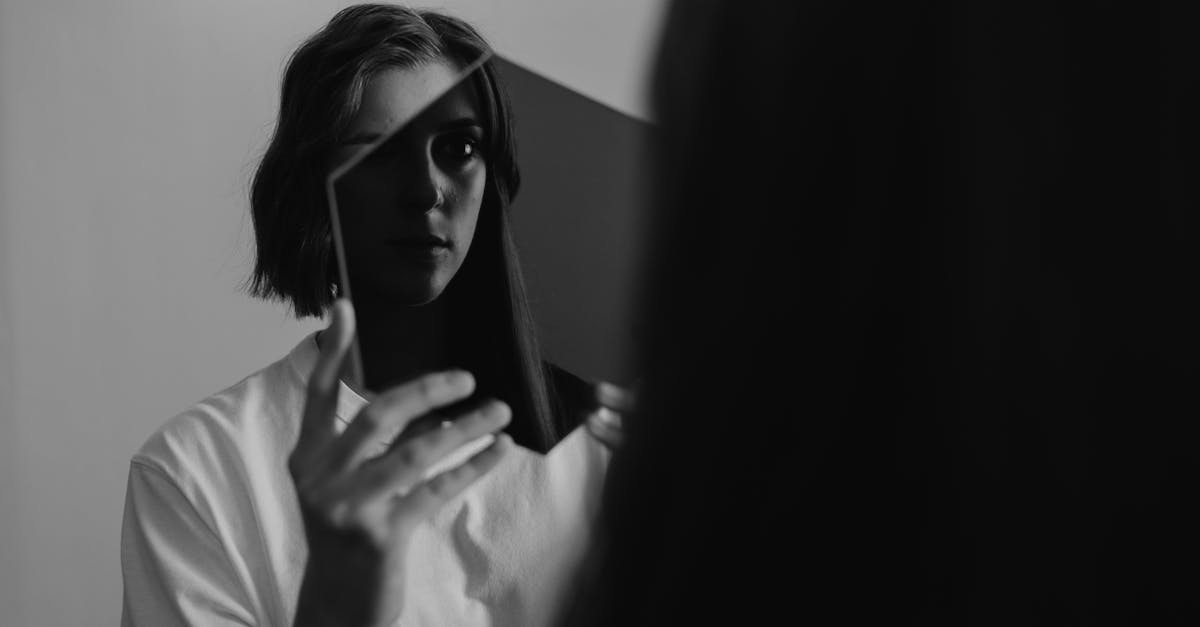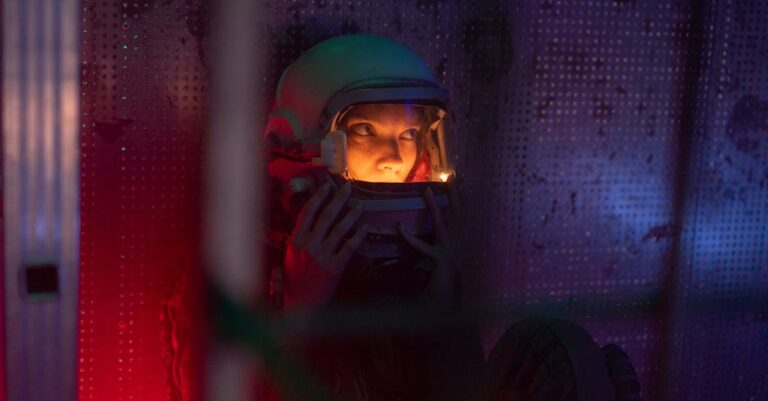
Dr. Elara Voss stepped into the sterile white corridor, her boots clicking against the linoleum floor. The air smelled of antiseptic and old metal, a scent that clung to her like a second skin. She had been here for three weeks, but the facility still felt alien—its walls too smooth, its lights too bright, its silence too deliberate. The project was called Project Aegis, a name that meant nothing to her. Her supervisor, Dr. Maren Kell, had only told her to “observe and document.” But Elara had never been one to follow orders without question.
The lab doors slid open with a hiss, revealing a chamber that looked like it belonged in a science fiction film. A circular platform dominated the center, its surface etched with glowing blue lines that pulsed like a heartbeat. Suspended above it was a sphere of liquid light, swirling with colors that defied description. Elara’s breath caught. She had seen preliminary data, but this—this was something else. The sphere wasn’t just an experiment; it was alive.
“You’re early,” a voice said behind her.
Elara turned to see Maren Kell, her dark eyes sharp beneath a fraying lab coat. The woman’s fingers tapped against her arm, a habit Elara had noticed before. It was the only sign of impatience she ever showed.
“I couldn’t wait,” Elara said. “What is it?”
Maren’s lips pressed into a thin line. “A subject. One we’ve been working on for years. You’ll be its primary observer.” She stepped closer, her voice dropping to a whisper. “But don’t let it fool you. It’s not a thing. It’s a… presence. And it’s watching you.”
Elara glanced back at the sphere. Its colors shifted, as if reacting to her gaze. “How does it work?”
“It doesn’t. Not yet. But it will. And when it does, it’ll change everything.” Maren hesitated, then added, “You’re the only one who can make that happen.”
The words hung in the air, heavy and unspoken. Elara felt a flicker of excitement—and fear. She had spent her life chasing the unknown, but this felt different. This wasn’t just science; it was a question, a challenge. And she was ready to answer.
—
The first session was a disaster. Elara had expected the sphere to respond to stimuli, but nothing she tried—light, sound, temperature changes—affected it. Frustration simmered beneath her calm exterior. She spent hours reviewing data, cross-referencing notes, searching for patterns. Nothing.
“You’re thinking too small,” Maren said one evening, leaning against the doorframe. Her usual precision was absent, replaced by something more volatile. “It’s not a machine. It’s a mirror. It reflects what you bring to it.”
Elara frowned. “What do you mean?”
“You’re the variable,” Maren said. “The subject isn’t the sphere. It’s you.”
The words stuck in Elara’s mind like a splinter. What if Maren was right? What if the experiment wasn’t about the sphere at all, but about her? She began to question everything—the data, the protocols, even Maren herself.
Then came the dreams. They started as fragments: a faceless figure in a white room, a whisper that wasn’t a sound. But soon, they became vivid, detailed. She saw herself standing before the sphere, her reflection staring back—except it wasn’t her. It was someone else, someone familiar.
“You’re not ready,” the figure said in Maren’s voice. “You never will be.”
Elara woke up drenched in sweat, her heart pounding. She told herself it was stress, but the dreams persisted. Each one felt more real than the last, as if the sphere was reaching into her mind, pulling out secrets she didn’t know she had.
—
Weeks passed. Elara’s research deepened, but so did her unease. The sphere’s behavior became more erratic, its colors shifting unpredictably. Maren grew more distant, her interactions with Elara marked by an edge of tension.
“You’re pushing it,” Maren said one day, her voice low. “You don’t understand what you’re dealing with.”
“I understand more than you think,” Elara replied. “This isn’t just an experiment. It’s a test. And I’m not sure if I’m the one being tested.”
Maren’s expression hardened. “You need to stop. Now.”
Elara hesitated. She had always followed her instincts, but this felt like a line she couldn’t cross. Yet the sphere called to her, its presence a siren song she couldn’t ignore.
That night, she returned to the lab alone. The sphere was brighter than ever, its glow casting long shadows across the walls. She stepped closer, her breath shallow.
“What are you?” she whispered.
The sphere pulsed, and for a moment, she thought she saw something in its depths—a shape, a face, a memory. Then it was gone.
“You’re not ready,” the voice said again, but this time it wasn’t Maren’s. It was her own.
Elara stumbled back, her mind racing. Was this the sphere’s doing? Or had she been losing herself all along?
—
The final session was a blur. Elara had no idea how she got there, only that she couldn’t stop. The sphere was pulsing faster now, its colors a chaotic storm. She felt a pull, as if the air itself was trying to drag her in.
“Elara!” Maren’s voice cut through the haze. “Get back!”
But it was too late. The sphere erupted in a burst of light, and Elara was pulled into its core.
She didn’t know how long she was there. Time dissolved, leaving only the endless swirl of colors and shapes. Then, a voice—clear, direct, and terrifyingly familiar.
“You’ve come back,” it said. “I’ve been waiting.”
Elara turned. Standing before her was a figure she recognized instantly: herself. But this version was different—older, wearier, and filled with a quiet desperation.
“What is this?” Elara asked, her voice barely a whisper.
“A choice,” the other her said. “You’ve always had one. To stay, or to leave. But now it’s too late for either.”
Elara felt a surge of panic. “What do you mean?”
“The sphere isn’t just a subject,” the other her said. “It’s a door. And you’ve opened it.”
Before Elara could respond, the light surged again, and she was thrown back into the lab. The sphere was gone, leaving only a faint shimmer in the air. Maren stood over her, her face pale.
“You did it,” Maren said, her voice trembling. “You broke it.”
Elara sat up, her head spinning. “What does that mean?”
Maren didn’t answer. She just stared at the empty space where the sphere had been, her expression unreadable.
In the days that followed, the facility fell apart. The staff scattered, the systems failed, and the walls seemed to close in. Elara tried to leave, but the doors wouldn’t open. She was trapped, alone with the silence that had always felt so deliberate.
She didn’t know if she had broken the sphere or become it. But as she sat in the dark, listening to the hum of the failing systems, she realized one thing: curiosity had always been her greatest strength—and her greatest weakness.
—


